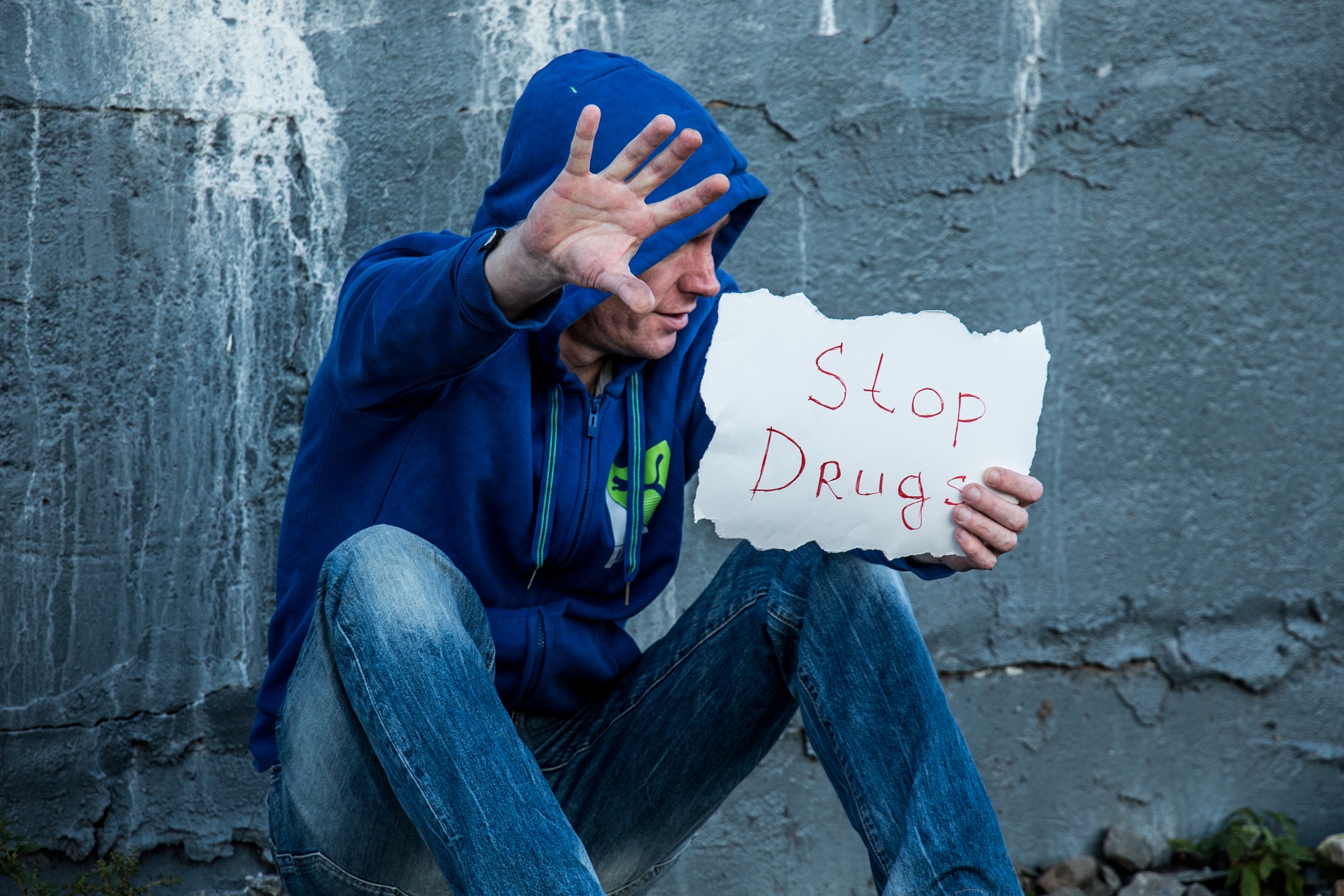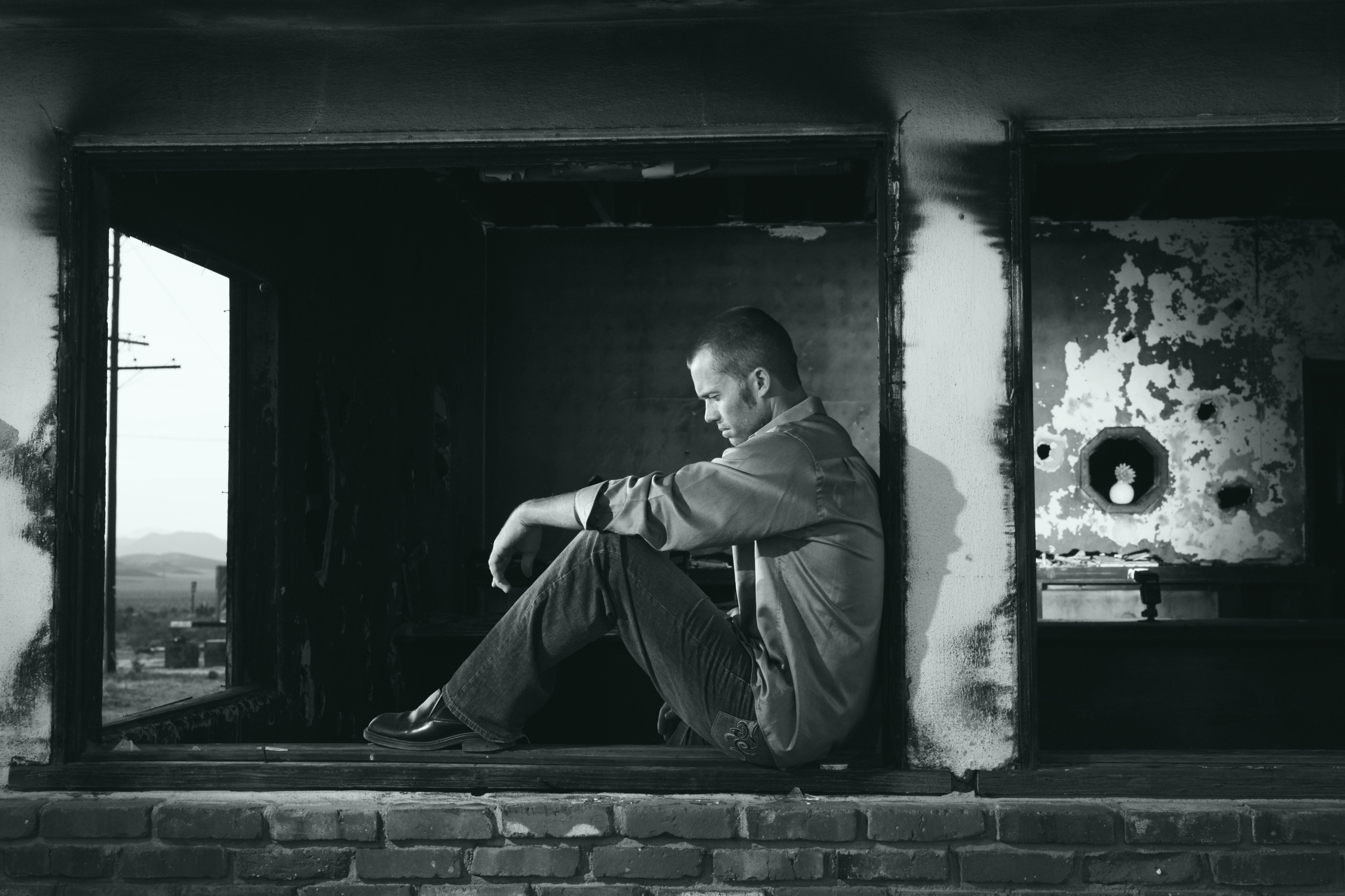We hear a lot about drug abuse in the news, especially when it comes to opioids and painkillers. But, benzodiazepine abuse and addiction have also increased in recent years. In 2015, there were more than 8,000 benzodiazepine-related deaths.
Death and serious complications rarely result from benzodiazepine use alone. In most addiction and overdose cases, other drugs are also involved — usually opiates. Whether alone or with other drugs, benzodiazepine abuse exists, and it is dangerous.
Are you wondering whether someone you know is suffering from benzodiazepine addiction? We can guide you through recognizing the addiction and offering support. Read on for answers to your questions benzodiazepines and addiction.
What is a Benzodiazepine?
A benzodiazepine is a sedative drug. Doctors prescribe benzodiazepines – also known as benzos – to help relieve symptoms of anxiety. The drugs can also help with seizures, muscle spasms, and even alcohol withdrawal.
Benzodiazepines were actually introduced to replace dangerous barbiturates. When people began abusing barbituates, benzodiazepines like Xanax, Valium, and Ativan came along. Unfortunately, people started to abuse these drugs as well.
What are Symptoms of Benzodiazepine Addiction?
Benzos work by depressing the central nervous system. This makes users feel sedated and relaxed. Over time, people may become tolerant and need higher doses, and then develop a dependence.
Chronic use of benzodiazepines can have long-term effects on physical and mental health. Dependent users may have gastrointestinal and musculoskeletal issues. They may show symptoms of depression or suicidal behavior.
Someone addicted to benzodiazepines may feel drowsy and dizzy. They may seem confused, have poor concentration, and slurred speech. If they overdose, they can become unresponsive to the point of a coma.
What are the Behavioral Warning Signs of Abuse?
Like other drug and alcohol abuse, benzo abuse may result in behavioral symptoms. People close to the addict will notice these changes. Substance abuse often shifts personal traits.
An addict may withdraw from friends and family. They may skirt responsibilities. Addicts are often secretive about their schedules.
To keep a high volume of their drug on hand, addicts often “doctor shop.” They will get prescriptions from different doctors and fill them at different pharmacies. They may also borrow or steal money to pay for their drugs.
How Can Benzodiazepine Addicts Recover?
Often times the hardest step to recovery is to admit the problem. Once an addict recognizes they have a drug issue, they may be willing to get help from friends and family. They’ll need outpatient care from a doctor or at a treatment center like Inspire Malibu.
To prevent withdrawal and seizers, the reduction of benzodiazepines will be gradual. This method offers more promising results than quitting cold turkey. It’s also advised to see a psychiatrist throughout recovery and even after.
How Can Former Addicts Stay Clean and Healthy?
Doctors encourage recovering addicts, including those suffering from a benzodiazepine addiction, to adopt healthy lifestyles to help prevent relapses. This includes healthy eating, exercise, and other positive habits. You can learn more about healthy lifestyle habits on our blog.
Read about things to help reduce stress, unhealthy foods to avoid, and more.
Or, browse for more information on addiction and recovery. We have tips on staging interventions, information about outpatient treatment, and other topics.
Read Also:






















